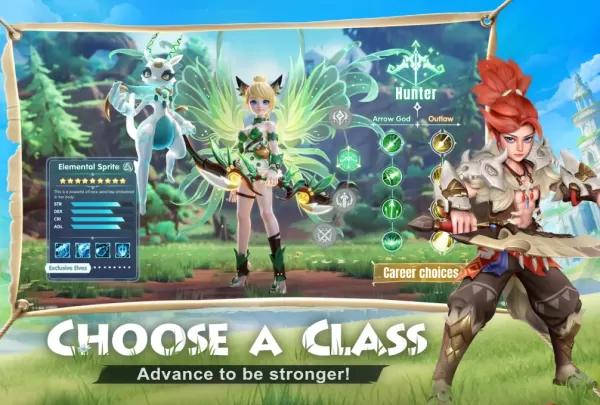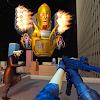Will Wright's early *Sims* games were brimming with charming details, immersive mechanics, and quirky surprises that later iterations sadly lacked. From deeply personal memory systems to unique NPC interactions, these lost features truly defined the magic of the originals. As the series progressed, many beloved elements faded into obscurity. This article takes a nostalgic trip back to explore the forgotten gems of the first two *Sims* games—features fans still miss and long to see return.
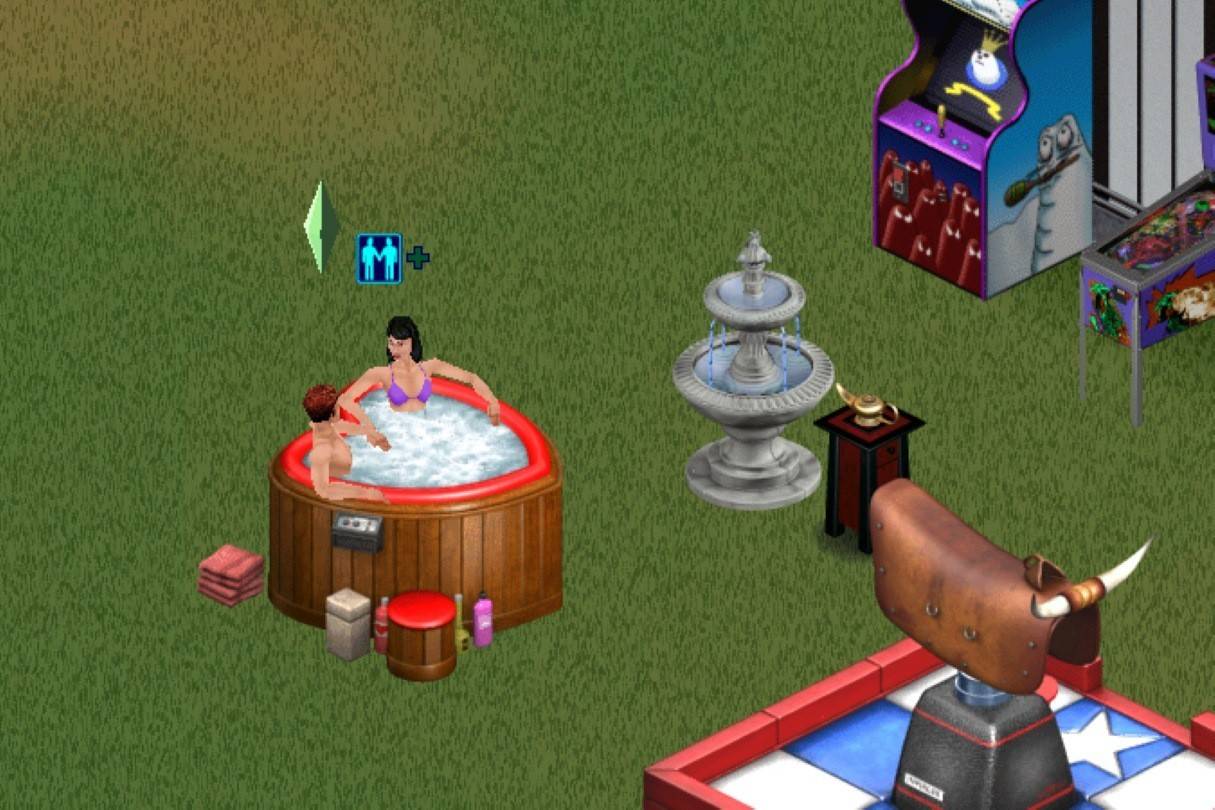 Image: ensigame.com
Image: ensigame.com
Table of Contents
The Sims 1
Authentic Plant Care
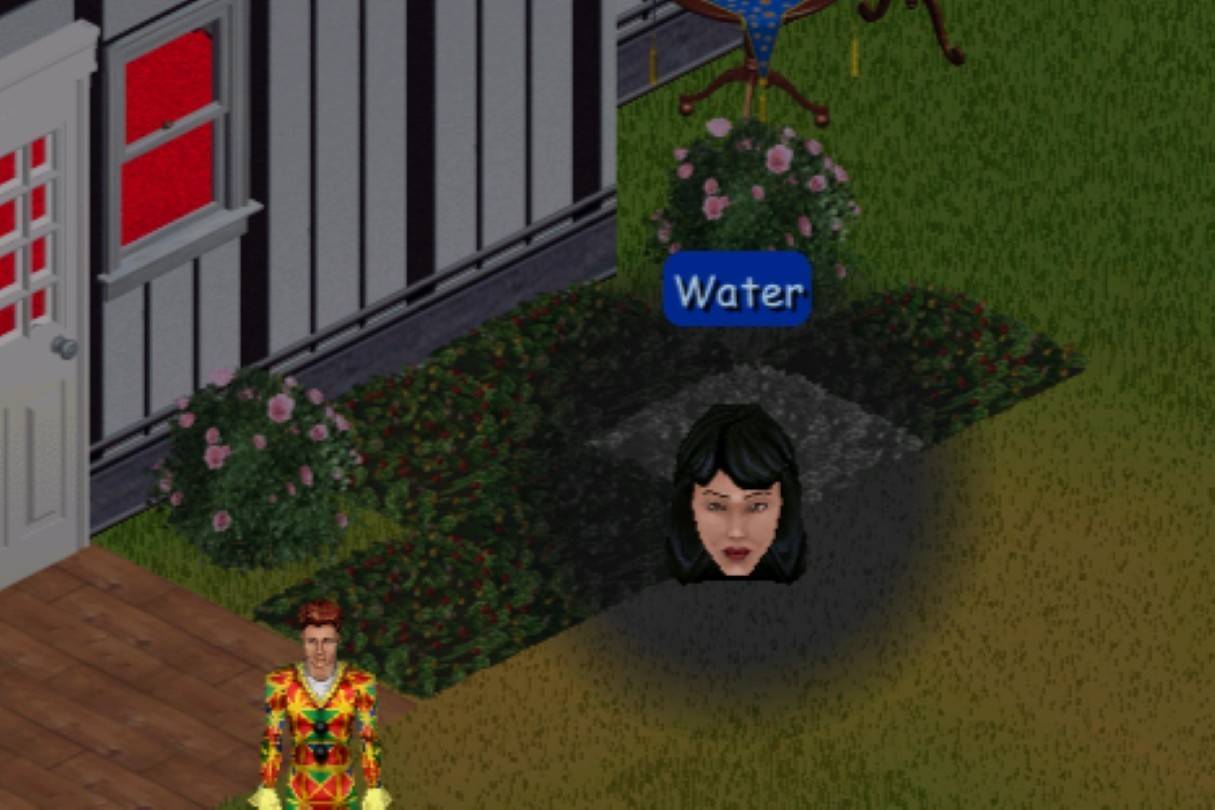 Image: ensigame.com
Image: ensigame.com
In the original Sims, certain indoor plants needed regular watering to thrive. Neglecting them caused them to wilt, impacting home aesthetics and lowering the "Room" need—a subtle encouragement to maintain tidy living spaces.
Can’t Pay, Can’t Eat!
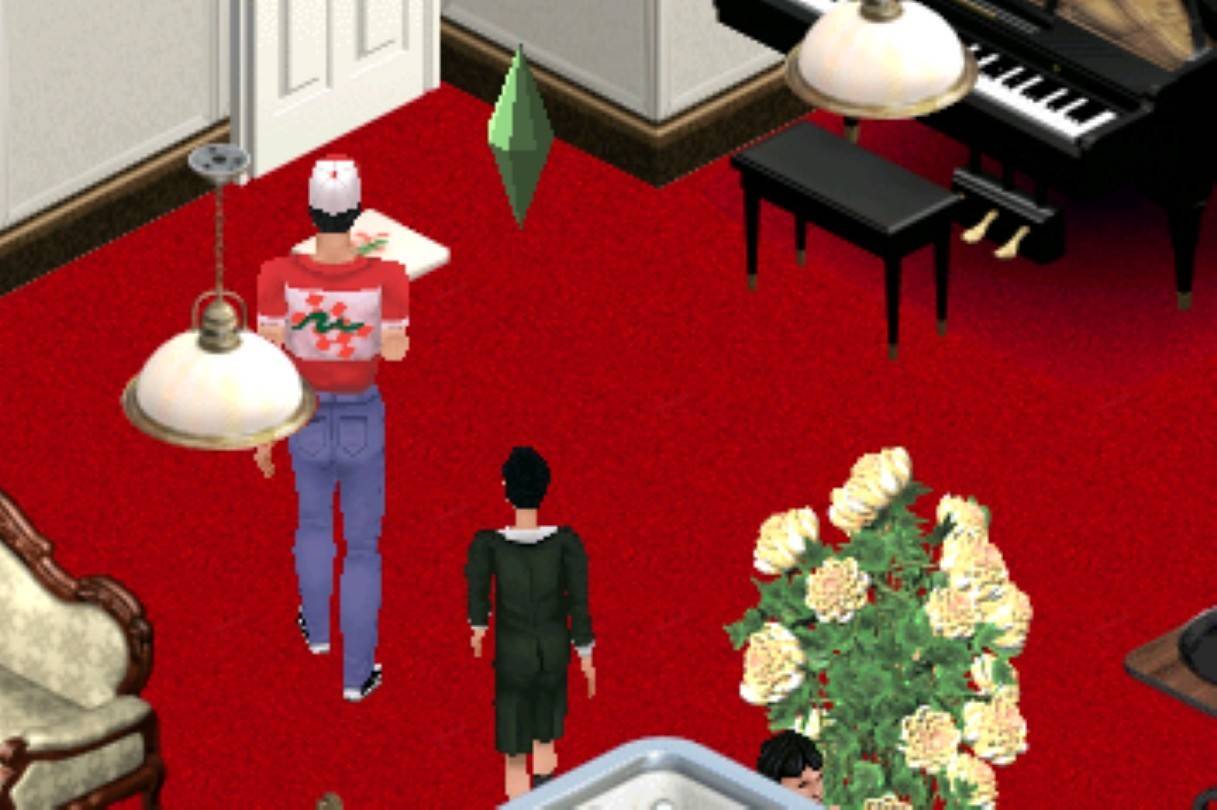 Image: ensigame.com
Image: ensigame.com
Freddy, the pizza guy, reacted realistically to unpaid orders. Instead of simply leaving, he'd dramatically reclaim the pizza, adding a touch of humorous frustration to gameplay.
A Genie’s Unexpected Gift
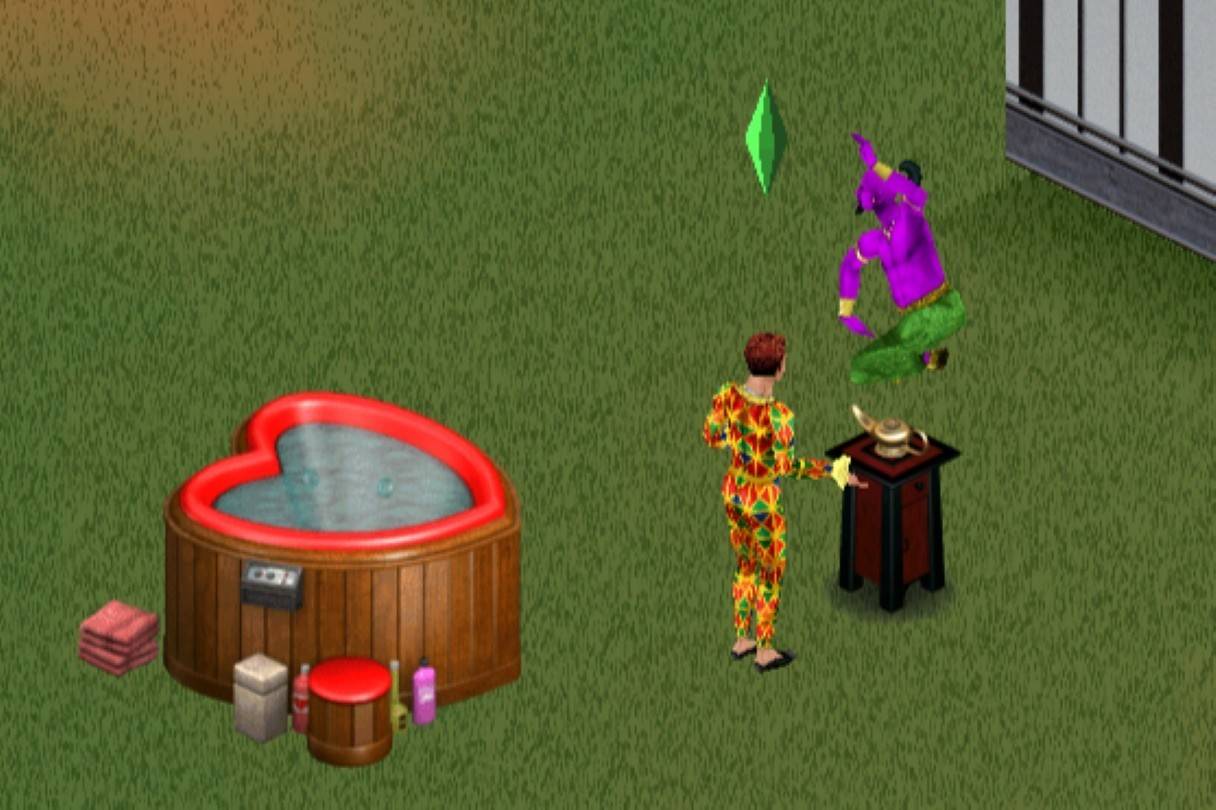 Image: ensigame.com
Image: ensigame.com
The genie lamp, usable once daily, offered various wishes with lasting effects. One surprising outcome of wishing for "water" was the rare chance of receiving a luxurious hot tub—a delightful, unexpected bonus, especially in self-imposed challenges.
The School of Hard Knocks
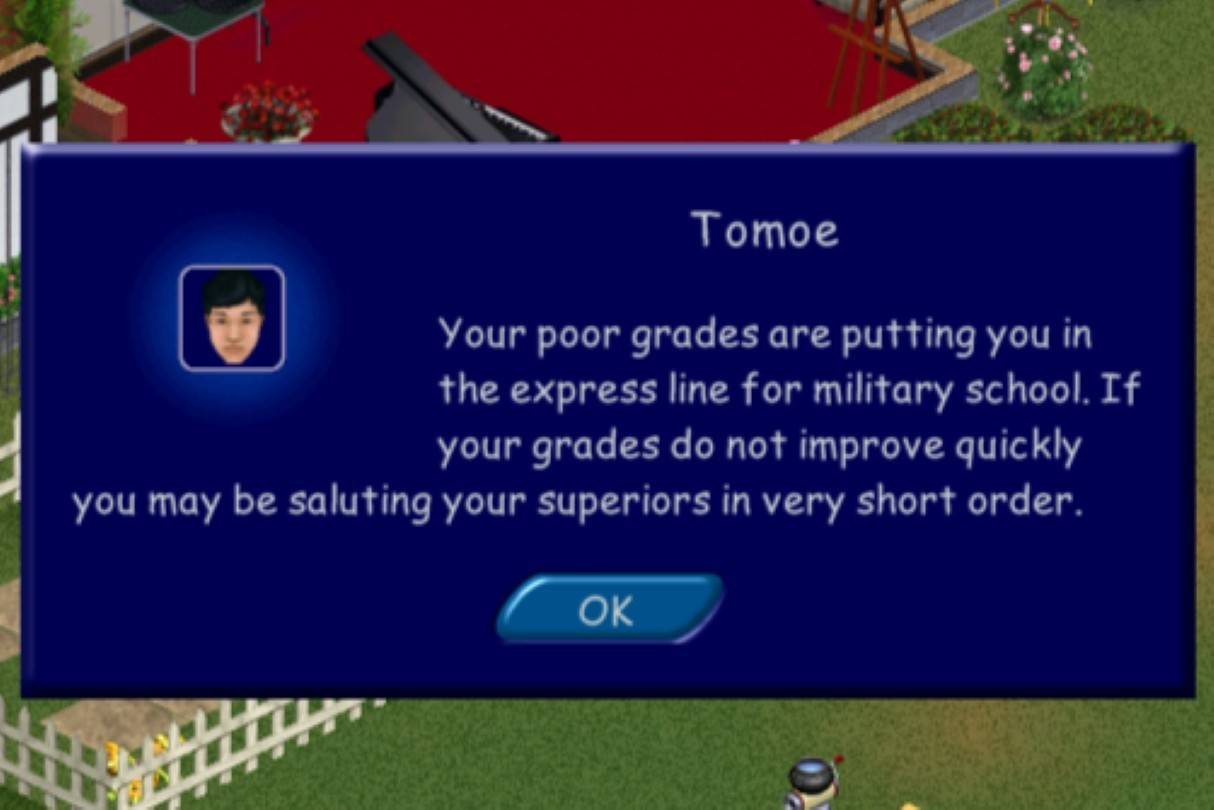
Education had significant consequences. Excellent grades rewarded Sims with money from grandparents, while poor grades resulted in a trip to military school—a permanent removal from the household.
Realistic WooHoo
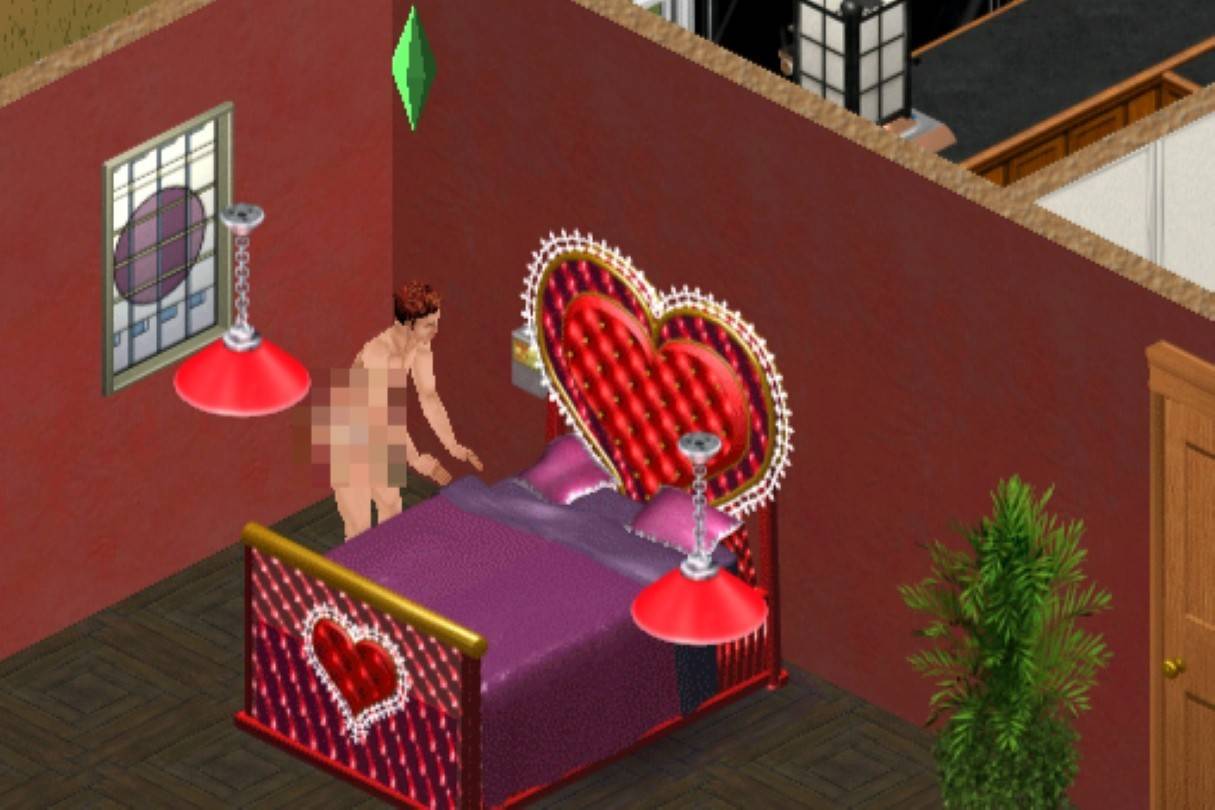 Image: ensigame.com
Image: ensigame.com
The "WooHoo" interaction was surprisingly realistic for its time. Sims undressed beforehand, and post-interaction reactions varied—from tears to laughter or even disgust—adding depth to the experience.
Fine Dining
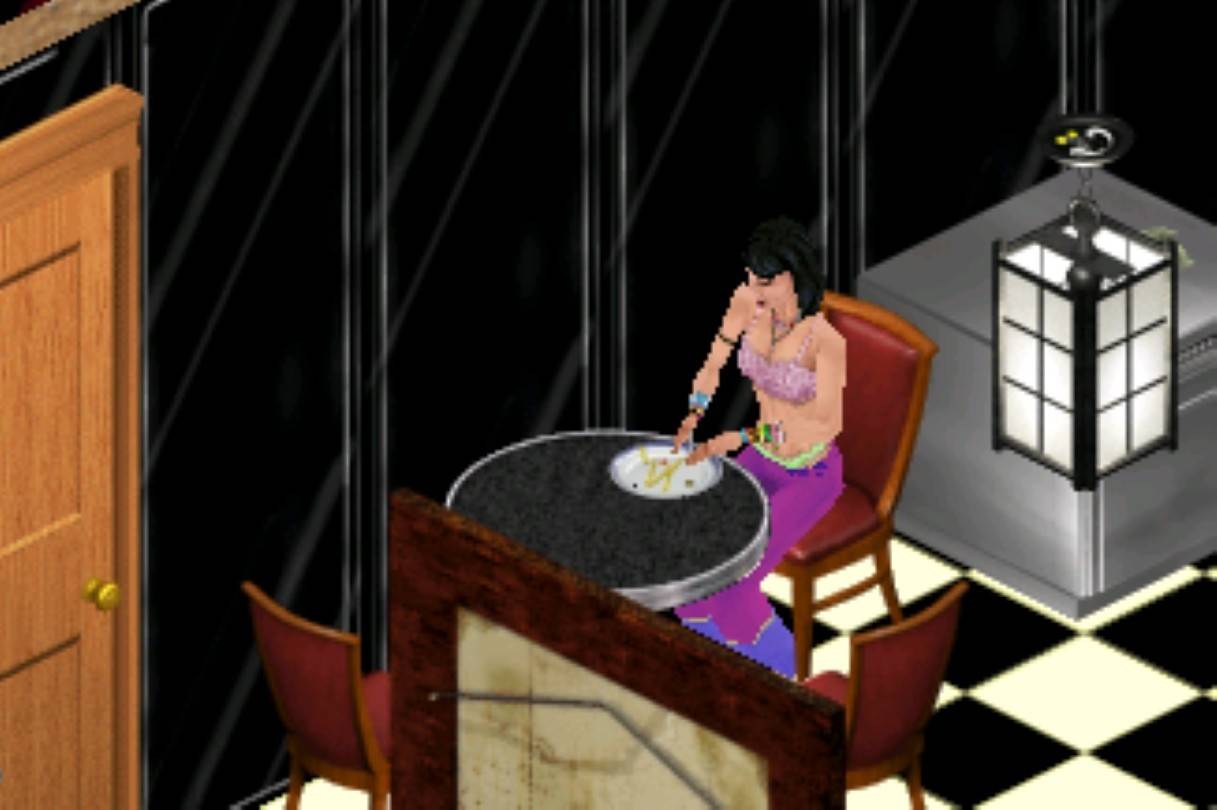 Image: ensigame.com
Image: ensigame.com
Sims used both knife and fork while eating, a sophisticated detail absent in later iterations.
Thrills and Spills
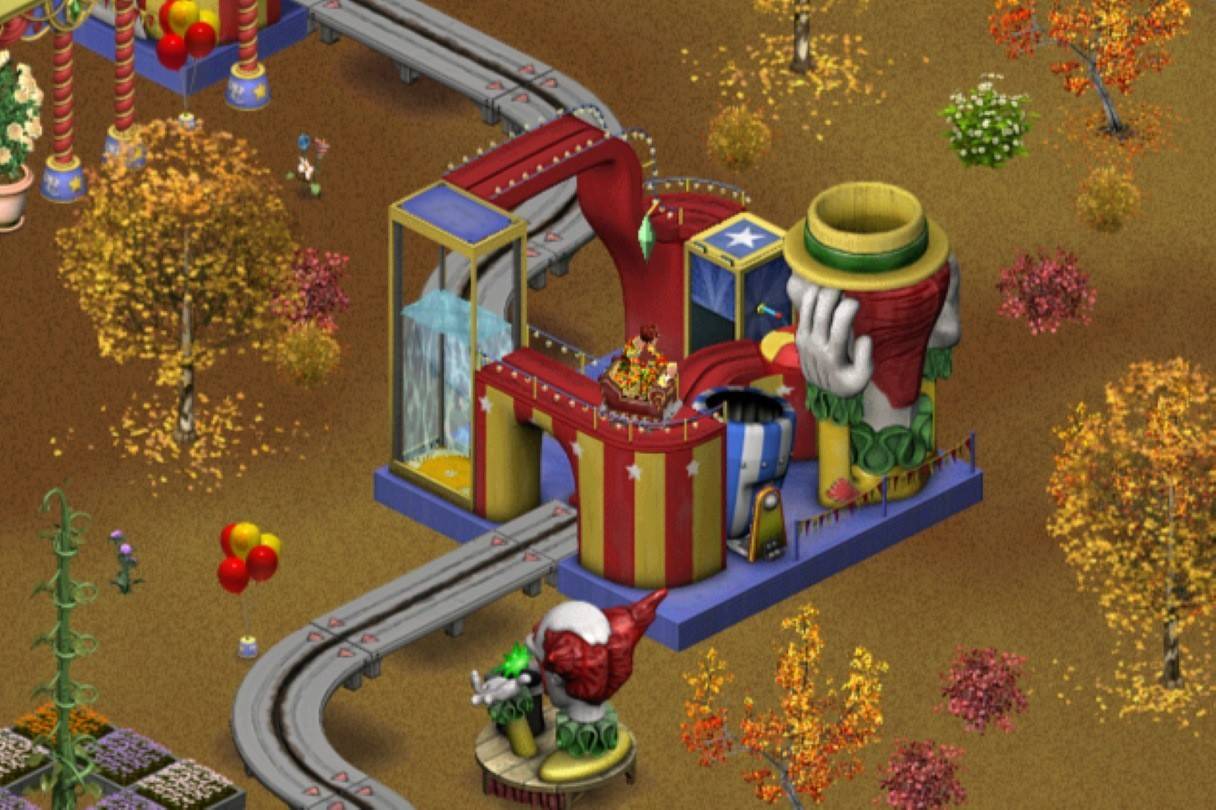 Image: ensigame.com
Image: ensigame.com
Makin’ Magic introduced roller coasters in Clowntastic Land and Vernon's Vault, with the ability to build custom ones elsewhere, adding thrilling entertainment options.
The Price of Fame
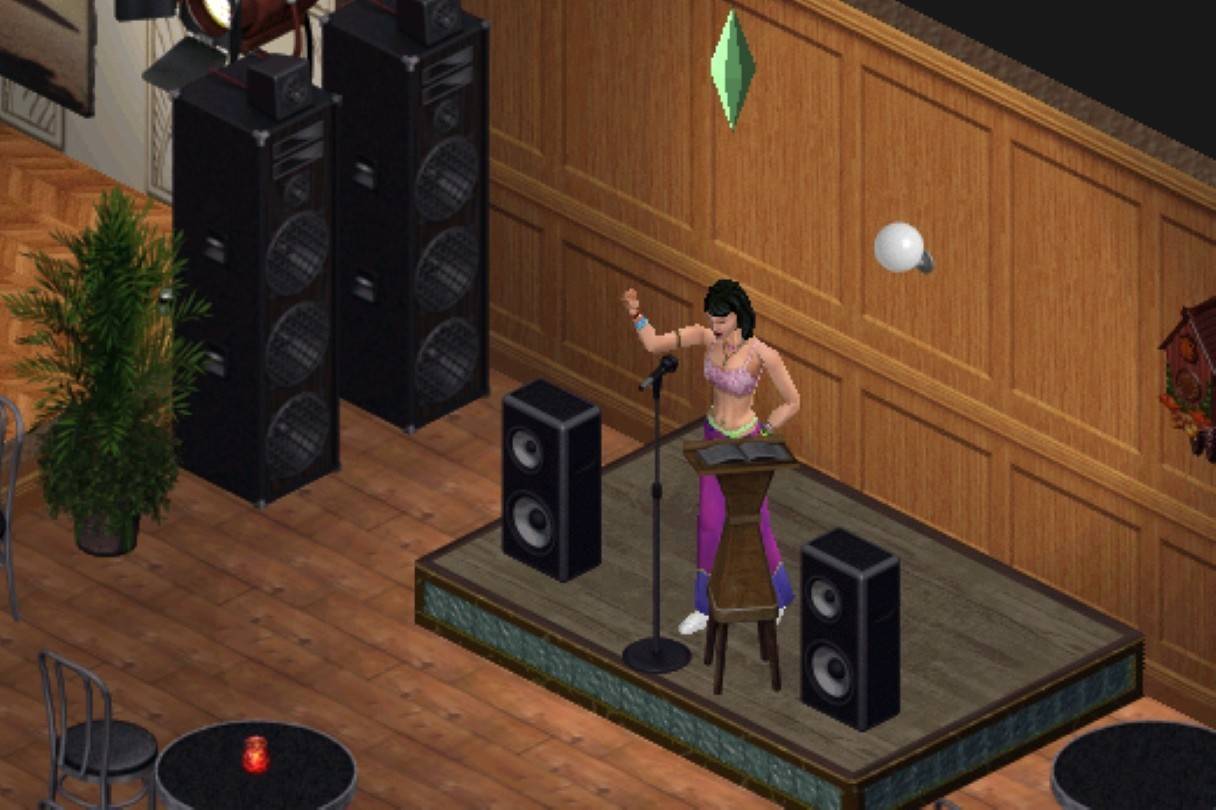 Image: ensigame.com
Image: ensigame.com
Superstar’s fame system, measured by a five-star rating, depended on performances. Neglecting work or suffering breakdowns could lead to a fall from grace, highlighting the fleeting nature of stardom.
Spellcasting in Makin’ Magic
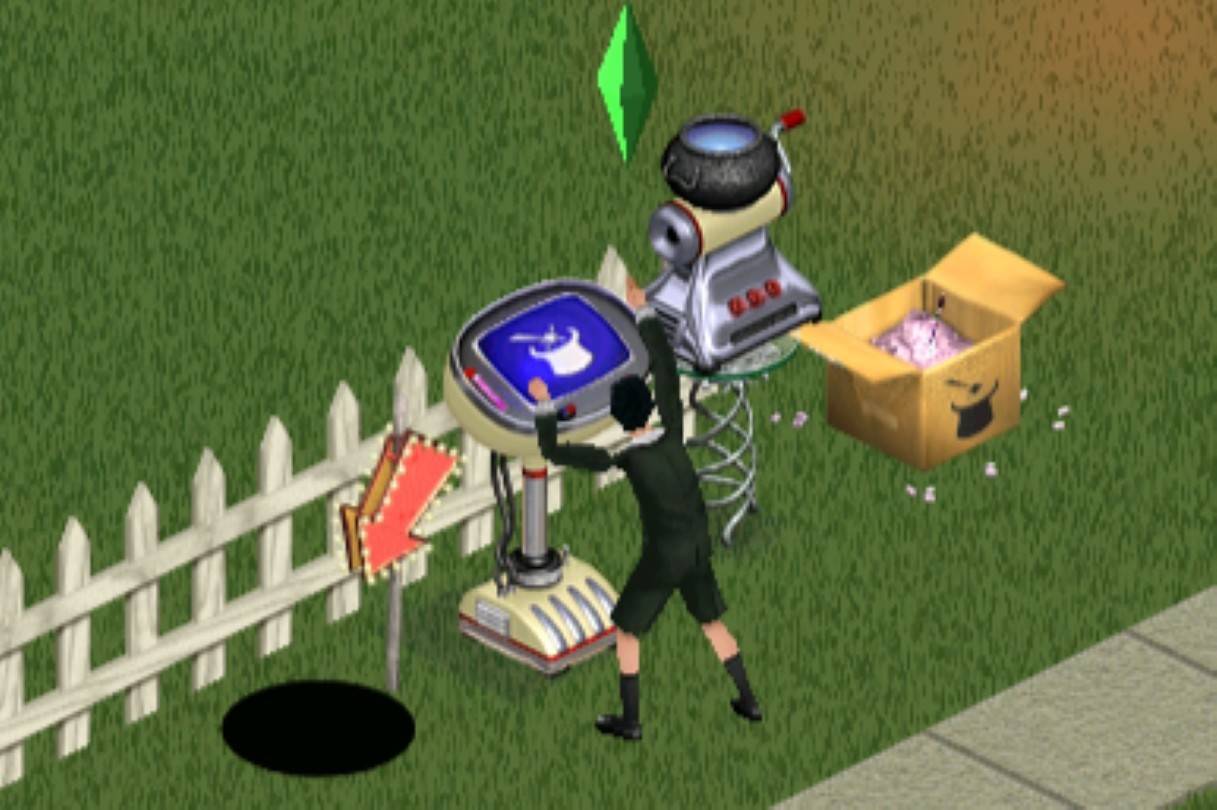 Image: ensigame.com
Image: ensigame.com
Makin’ Magic offered a robust spellcasting system using ingredient combinations, documented in The Start Here Spellbook, even allowing children to cast spells.
Singing Under the Stars
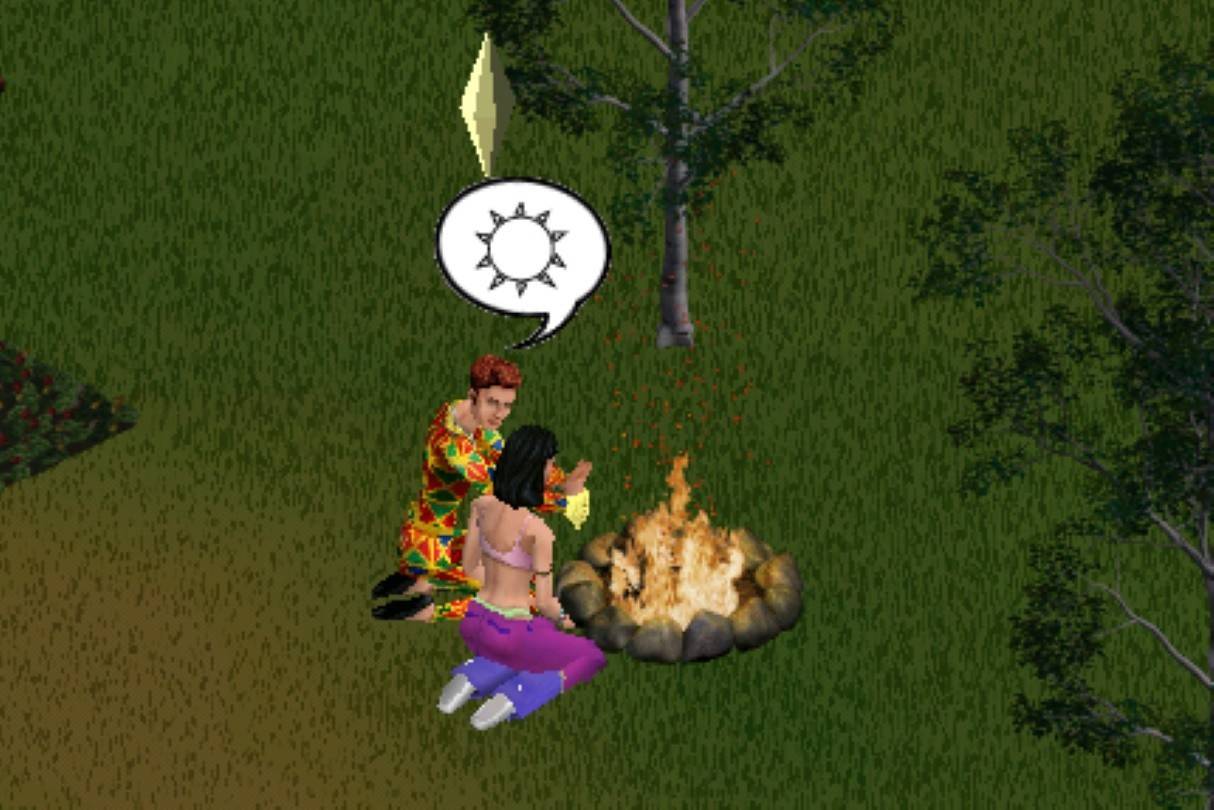 Image: ensigame.com
Image: ensigame.com
Sims could enjoy campfire singalongs with three different folk songs, adding a charming social element to outdoor gatherings.
The Sims 2
Running a Business
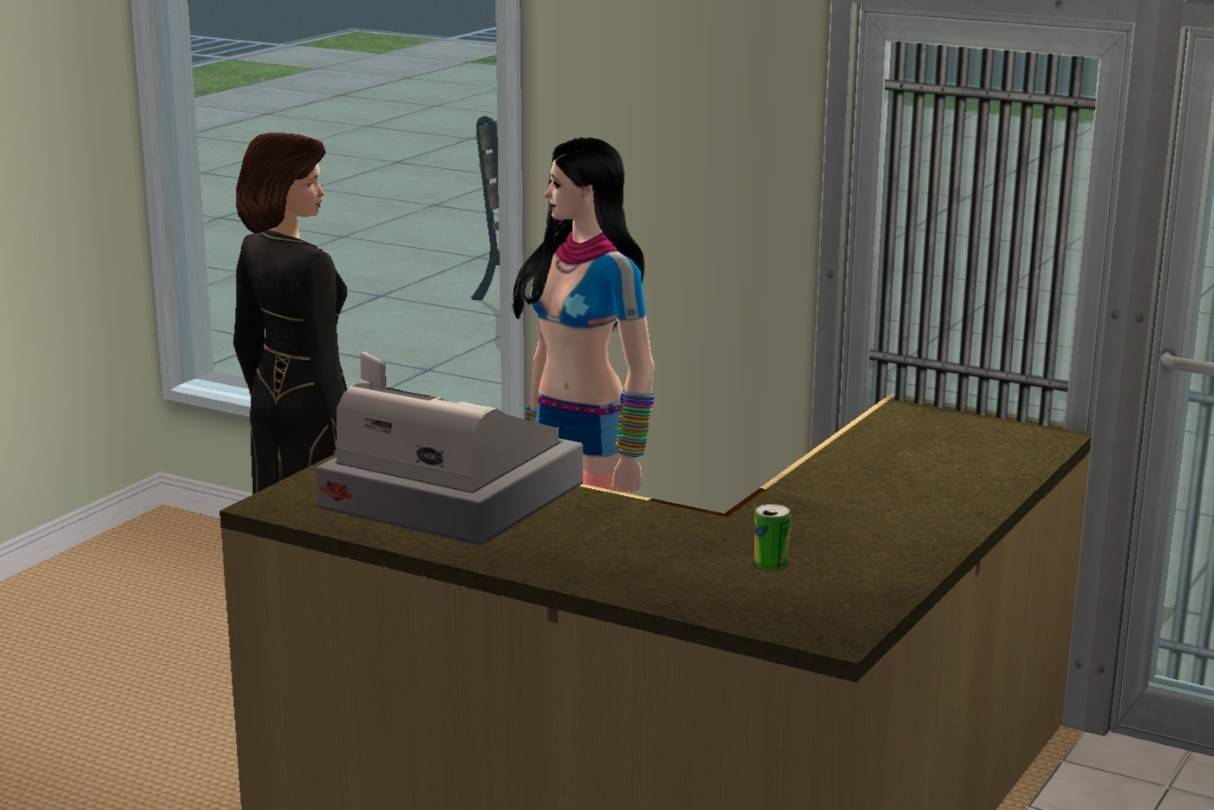 Image: ensigame.com
Image: ensigame.com
The Sims 2 allowed Sims to become entrepreneurs, opening various businesses from home or dedicated venues, hiring employees, and managing their ventures.
Higher Education, Higher Rewards
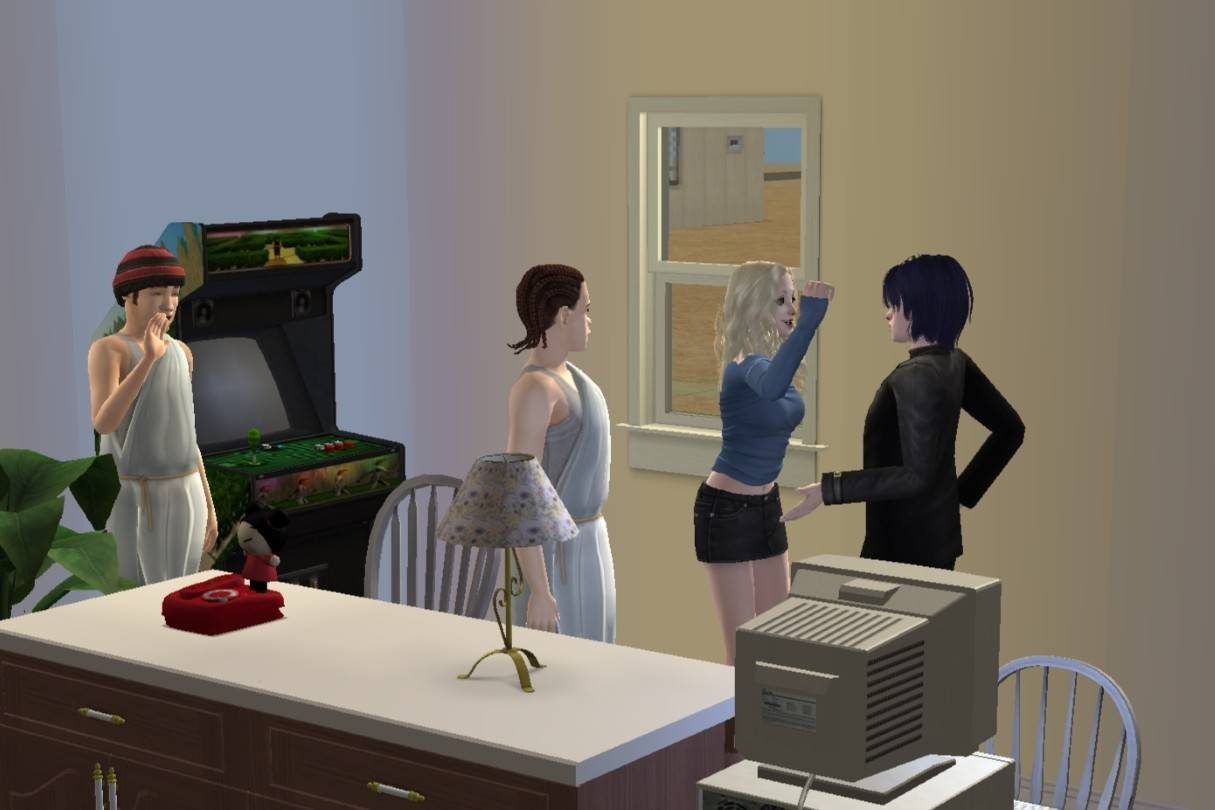 Image: ensigame.com
Image: ensigame.com
University let teens attend college, live in dorms or private residences, choose majors, and balance academics with social life, unlocking better career prospects upon graduation.
Nightlife
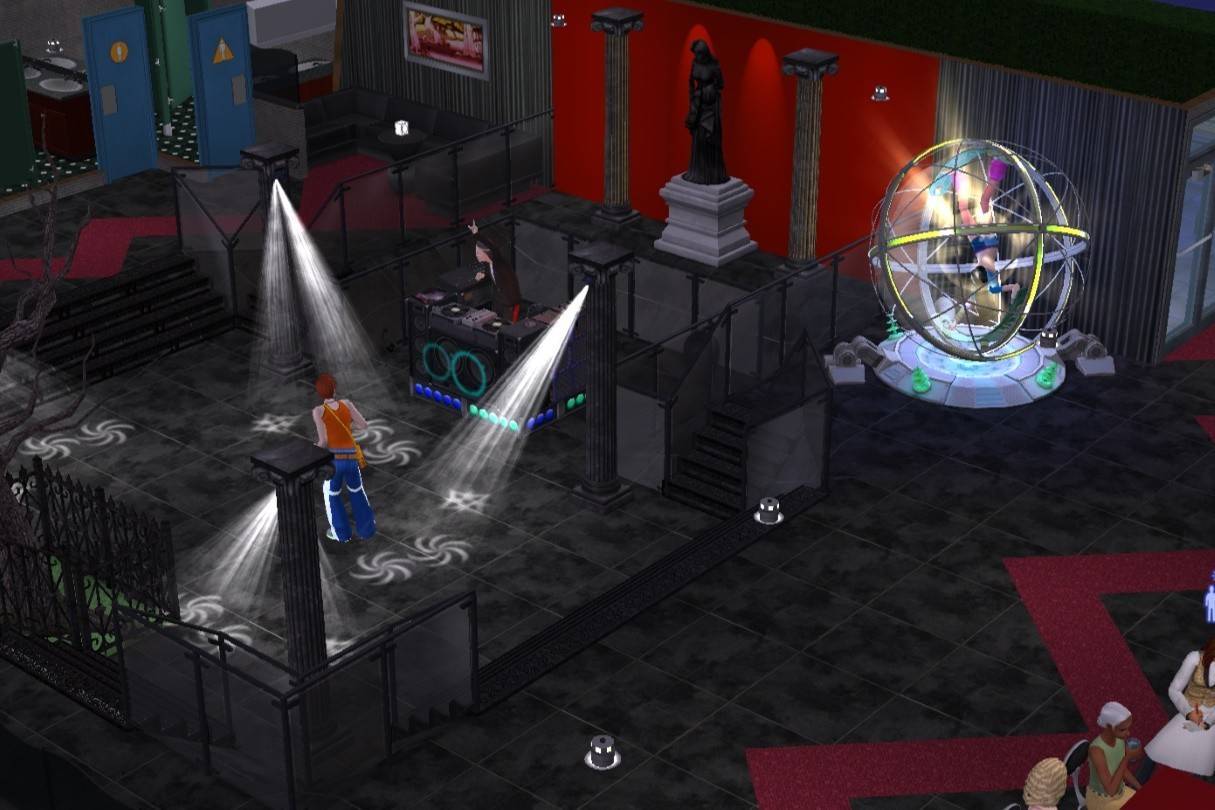 Image: ensigame.com
Image: ensigame.com
This expansion introduced inventories, new social interactions, memorable NPCs (like Mrs. Crumplebottom), and added depth to romantic relationships.
The Excitement of Apartment Life
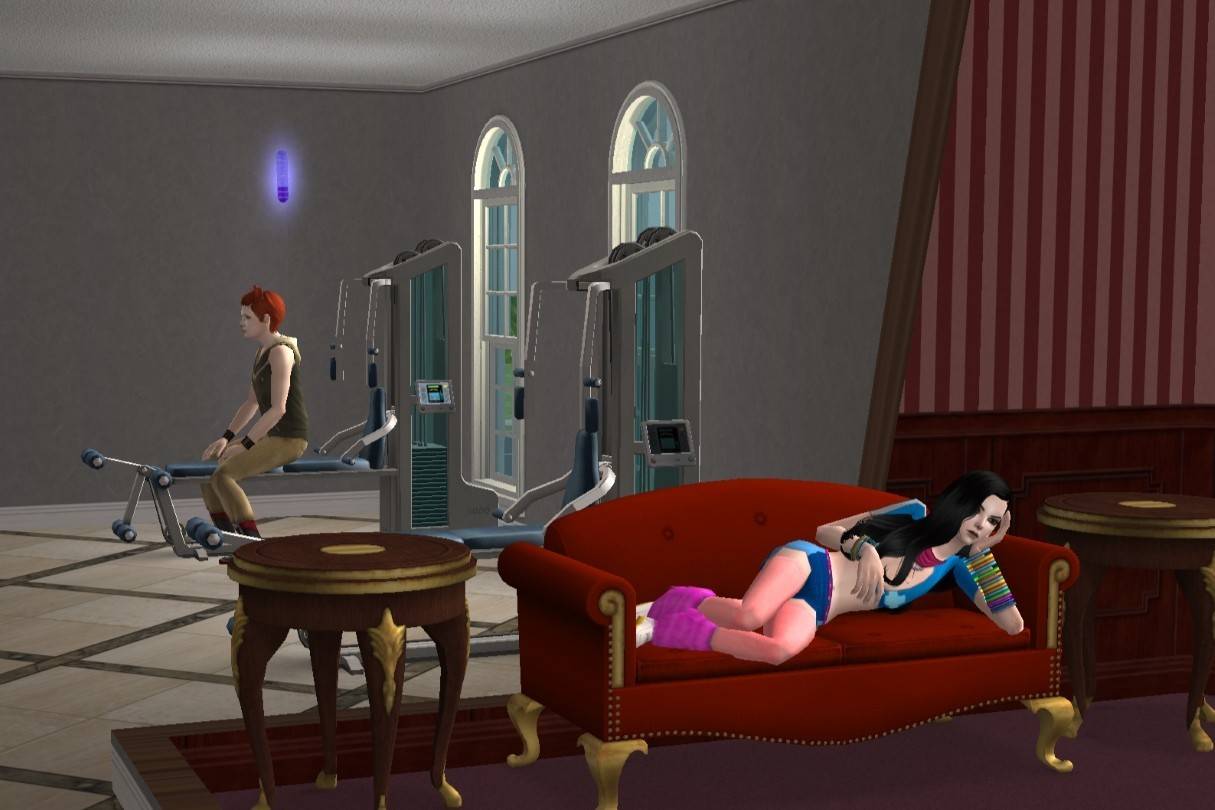 Image: ensigame.com
Image: ensigame.com
Apartment Life brought urban living, with apartment buildings fostering new social connections and opportunities.
Memories That Last, Love That Doesn’t
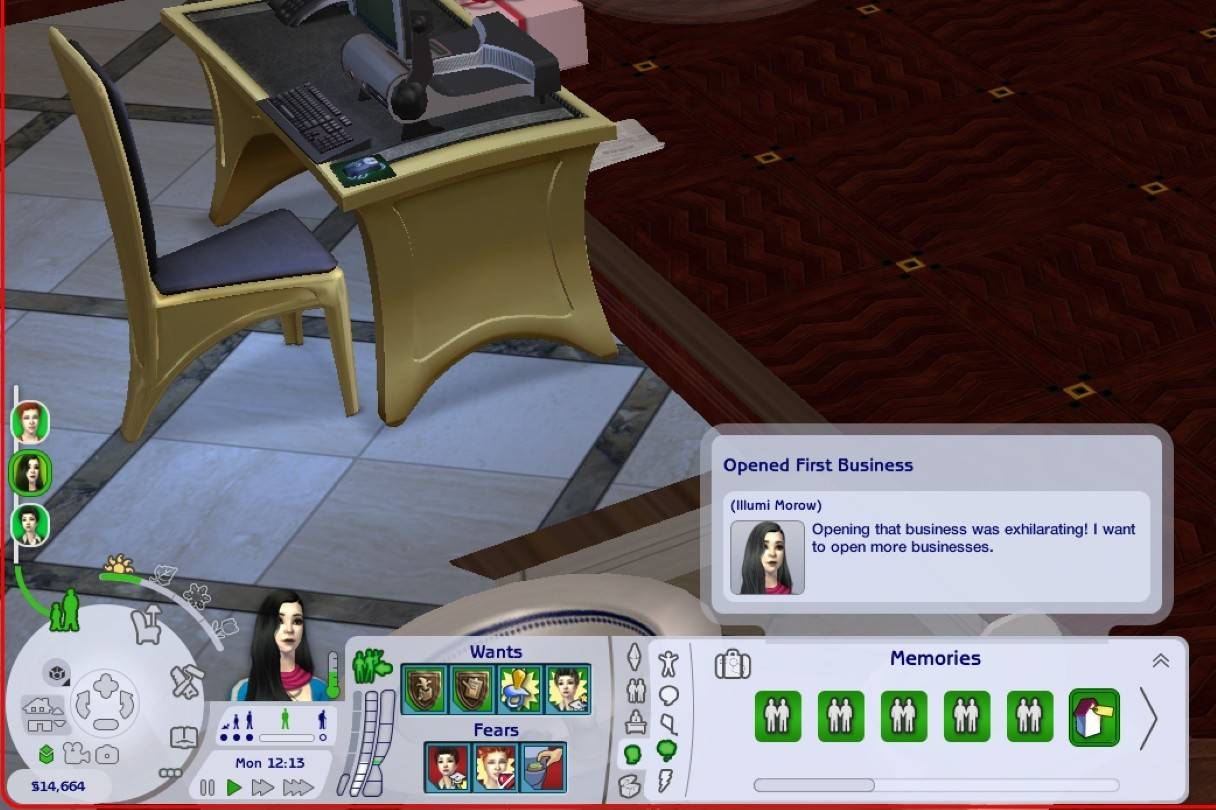 Image: ensigame.com
Image: ensigame.com
The memory system added depth, recalling significant events and shaping interactions, while unrequited love added realistic drama.
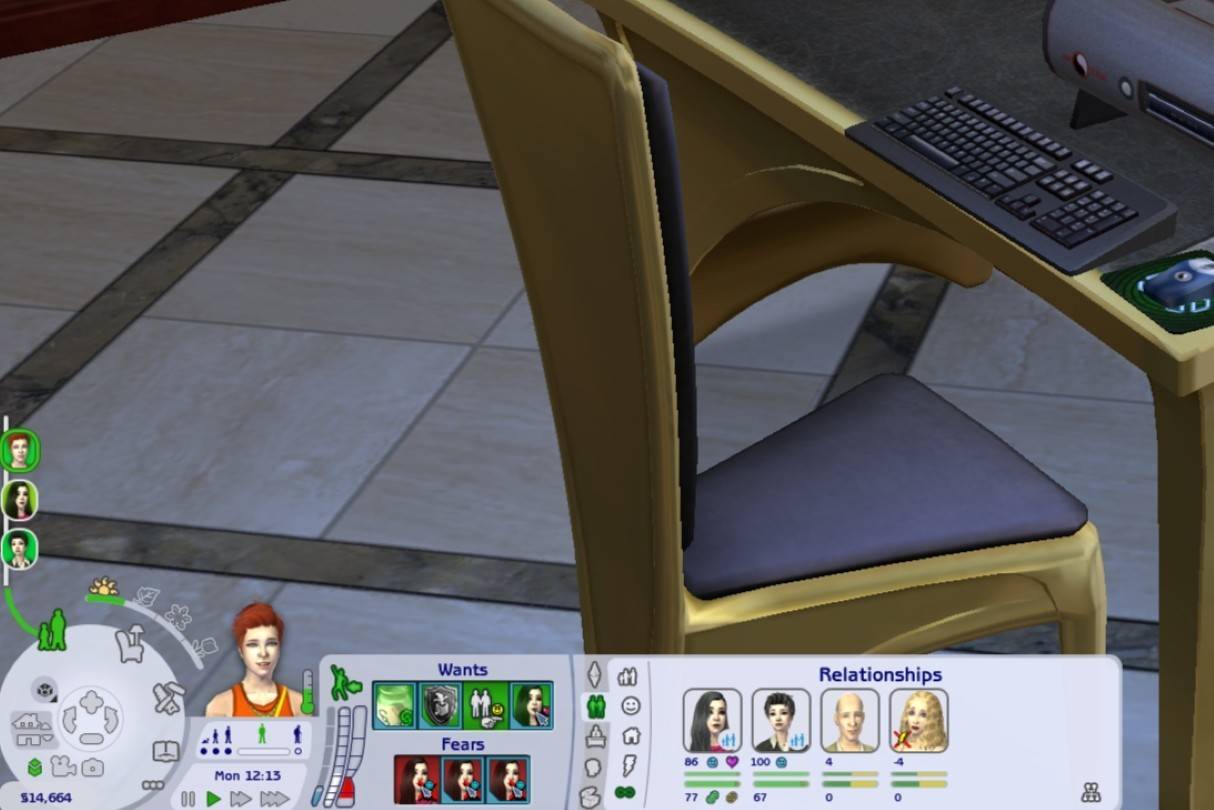 Image: ensigame.com
Image: ensigame.com
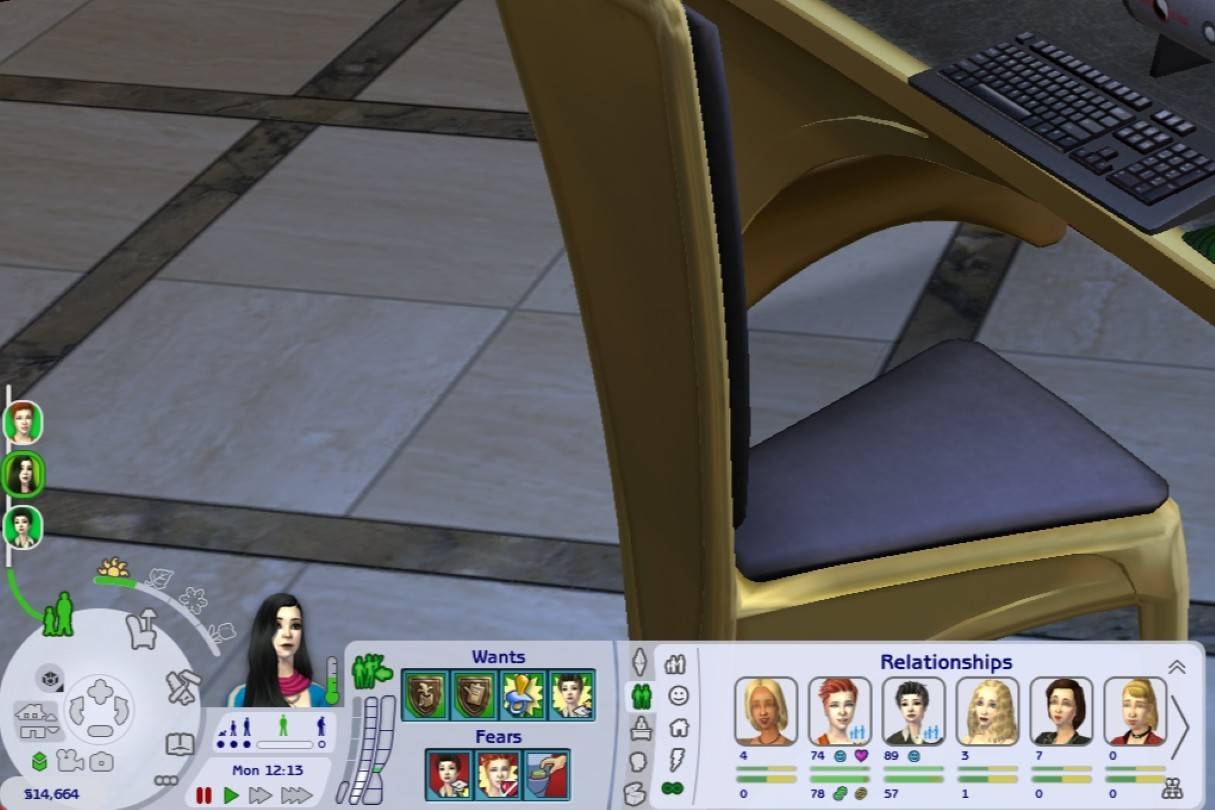 Image: ensigame.com
Image: ensigame.com
Functional Clocks
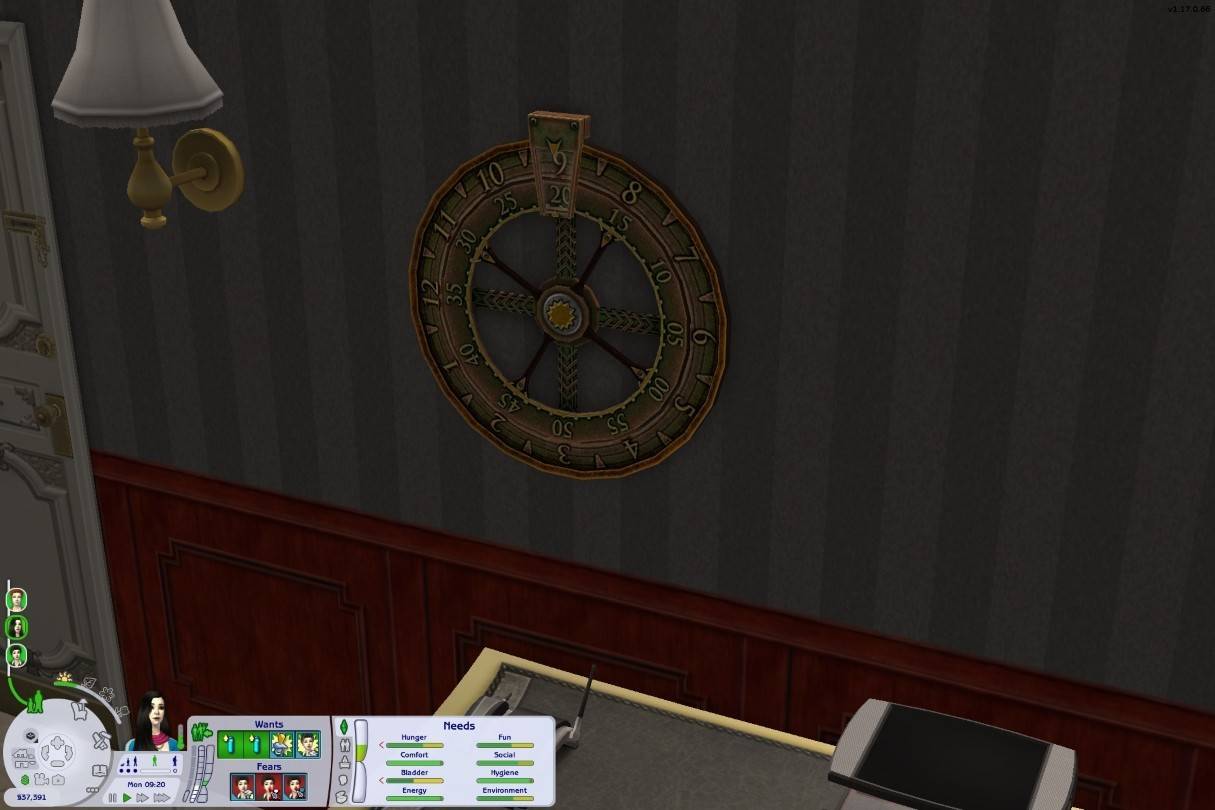 Image: ensigame.com
Image: ensigame.com
Clocks displayed actual in-game time, a practical and aesthetically pleasing detail.
Shop ‘Til You Drop
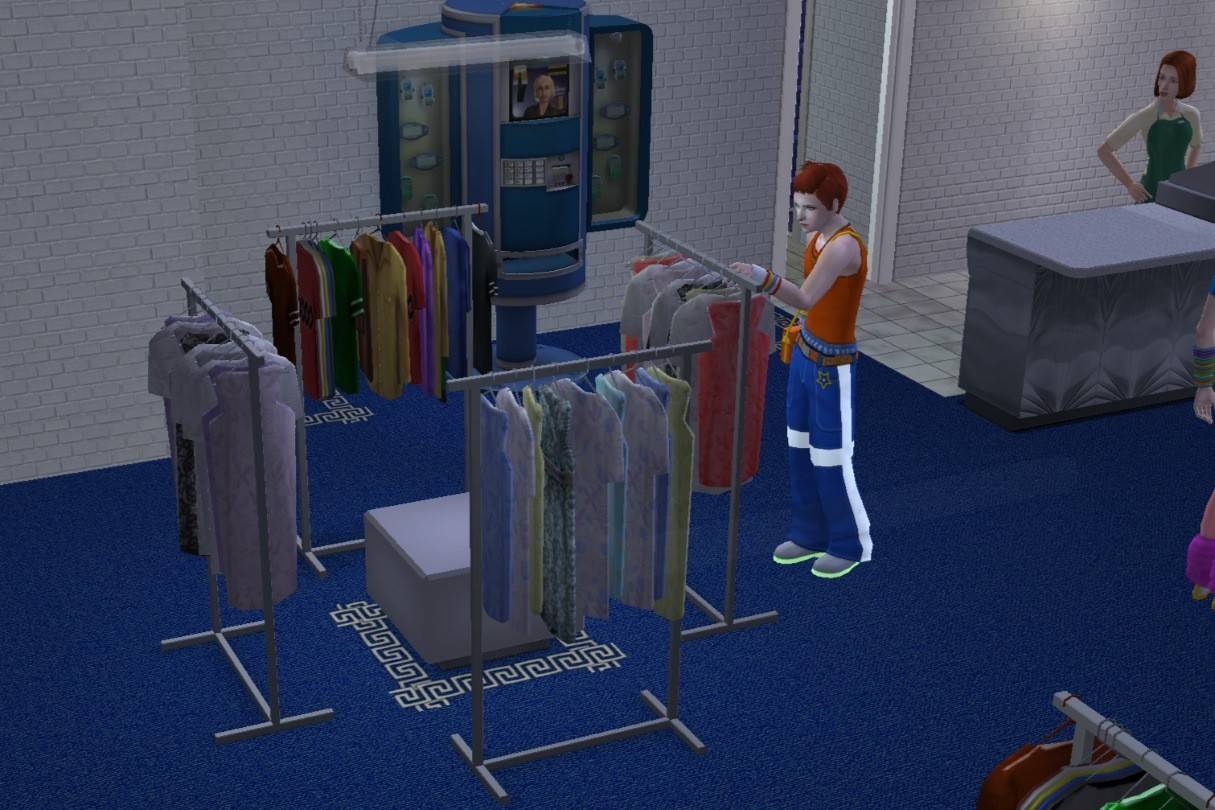 Image: ensigame.com
Image: ensigame.com
Sims had to actively shop for food and clothing, adding realism to daily life.
Unique NPCs
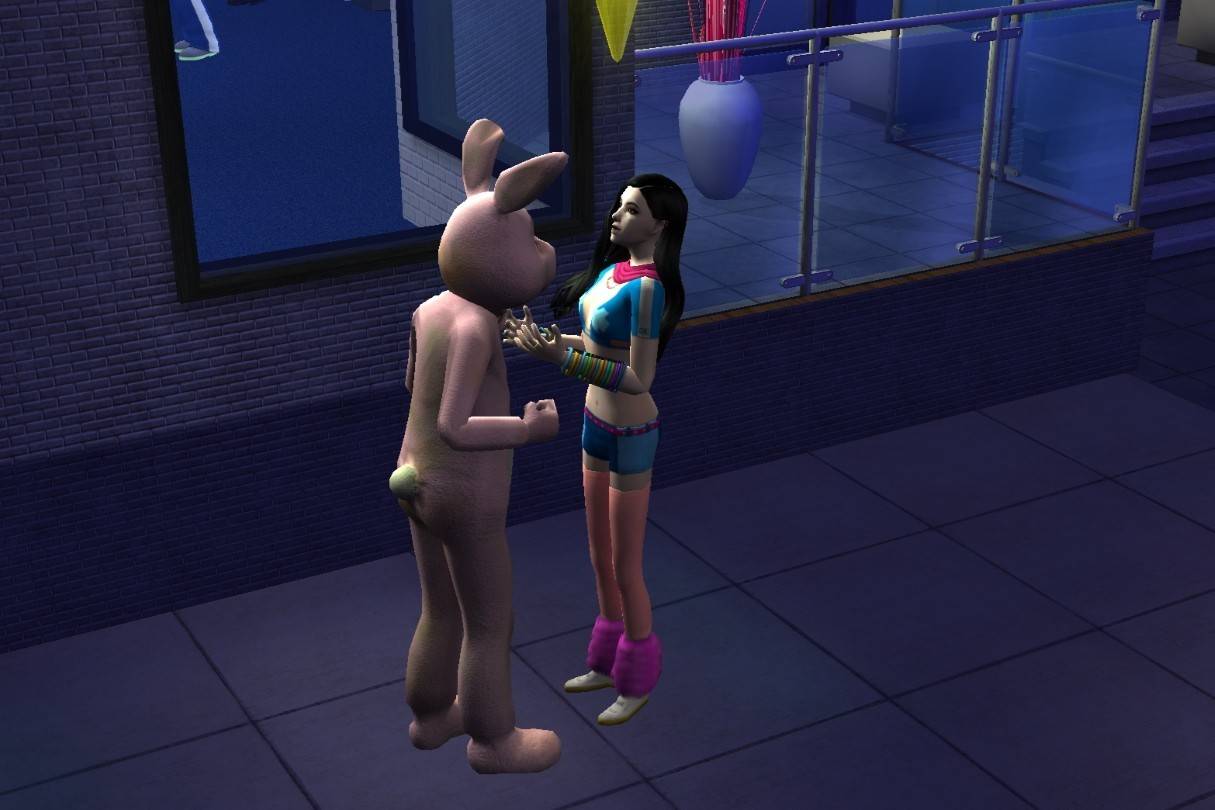 Image: ensigame.com
Image: ensigame.com
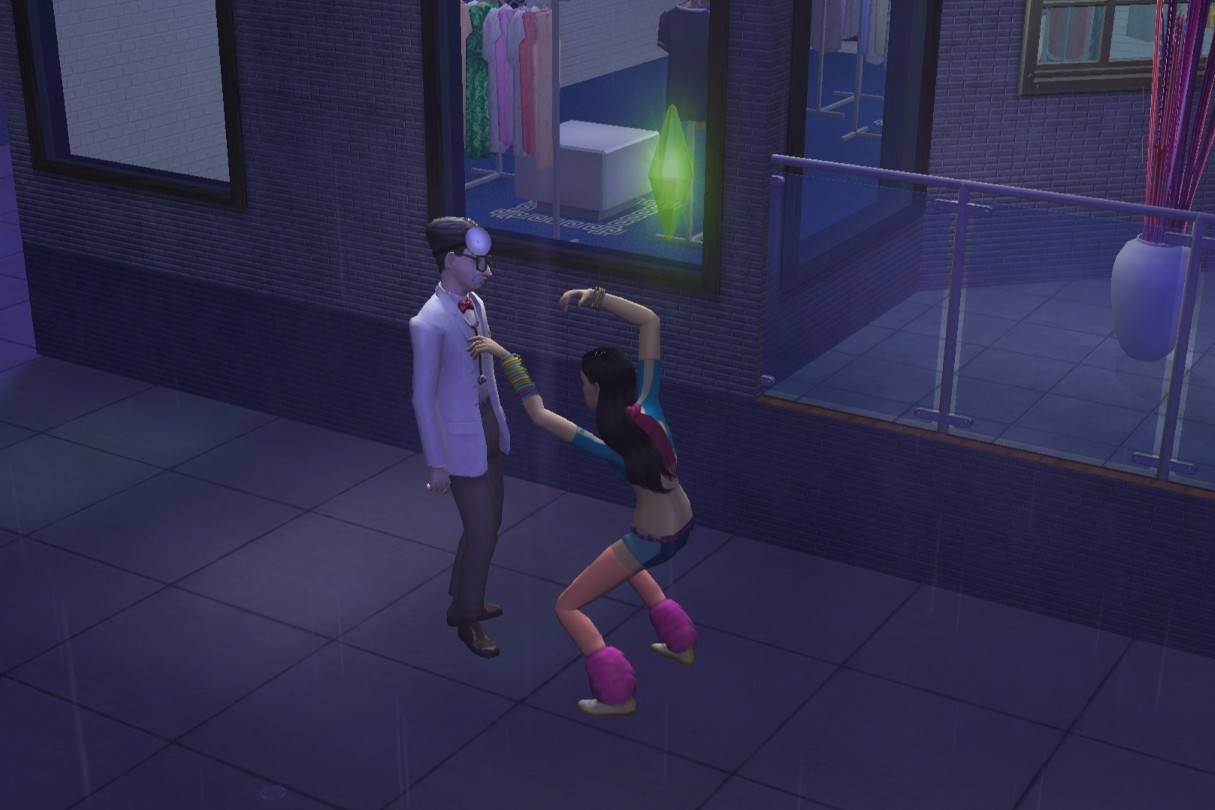 Image: ensigame.com
Image: ensigame.com
The Social Bunny and Therapist added quirky, situational interactions.
Unlocking Hobbies
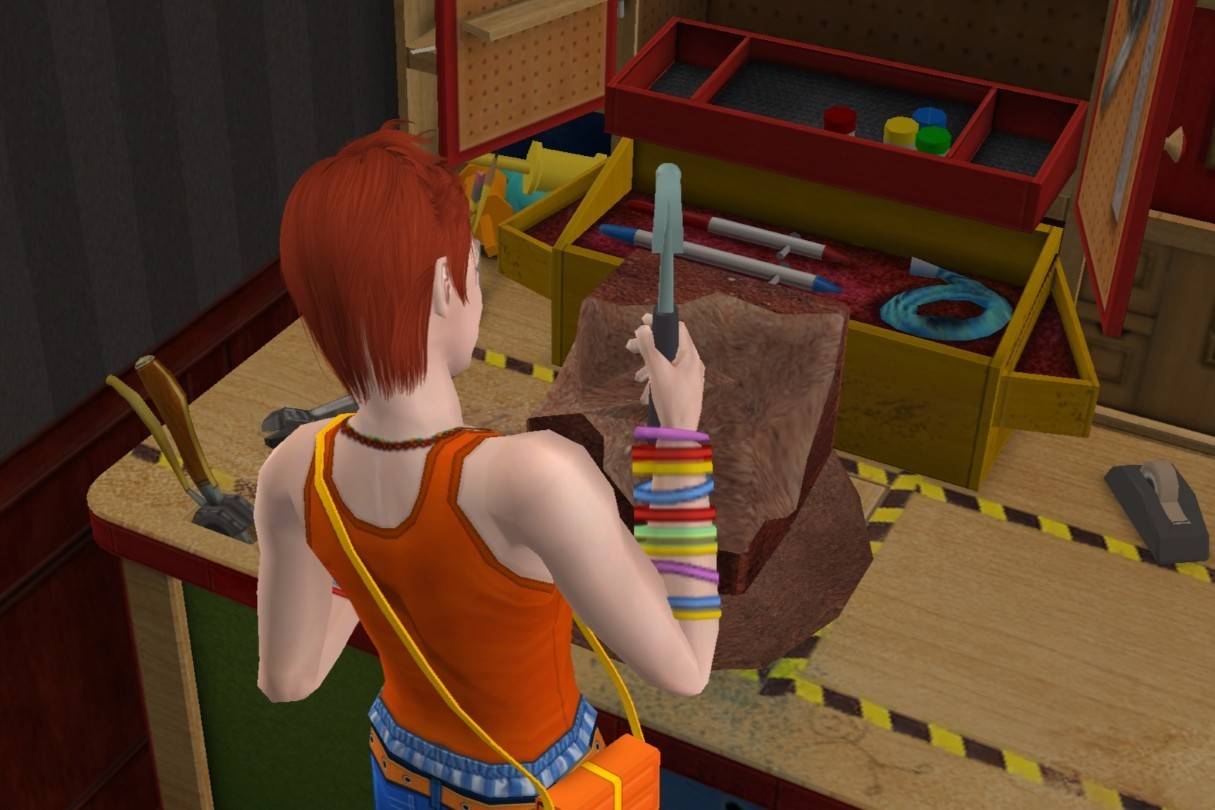 Image: ensigame.com
Image: ensigame.com
FreeTime introduced hobbies with skill-building, social aspects, and unique career opportunities.
A Helping Hand
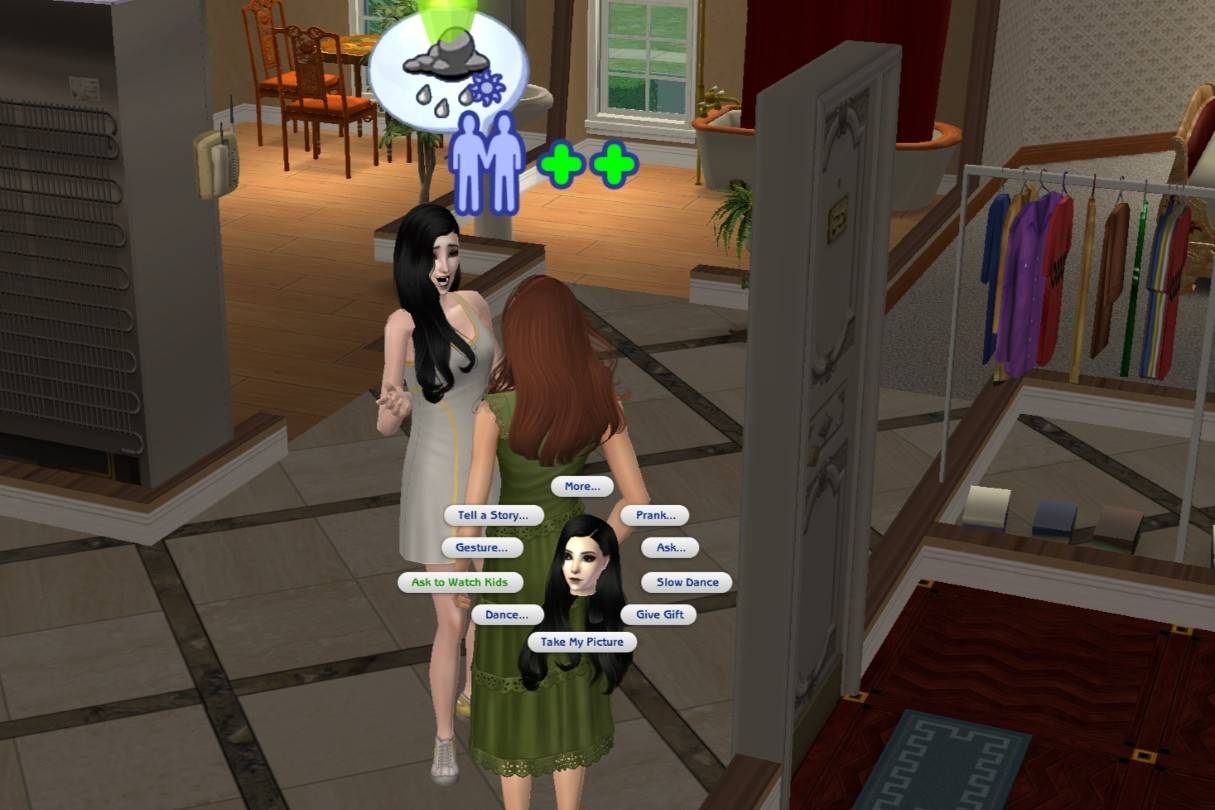 Image: ensigame.com
Image: ensigame.com
Close neighbors could help with childcare, offering a personal alternative to hiring a nanny.
The original *Sims* games were groundbreaking in their depth and unique features. While a full return of these elements might be unlikely, they serve as a nostalgic reminder of what made the franchise so special.


